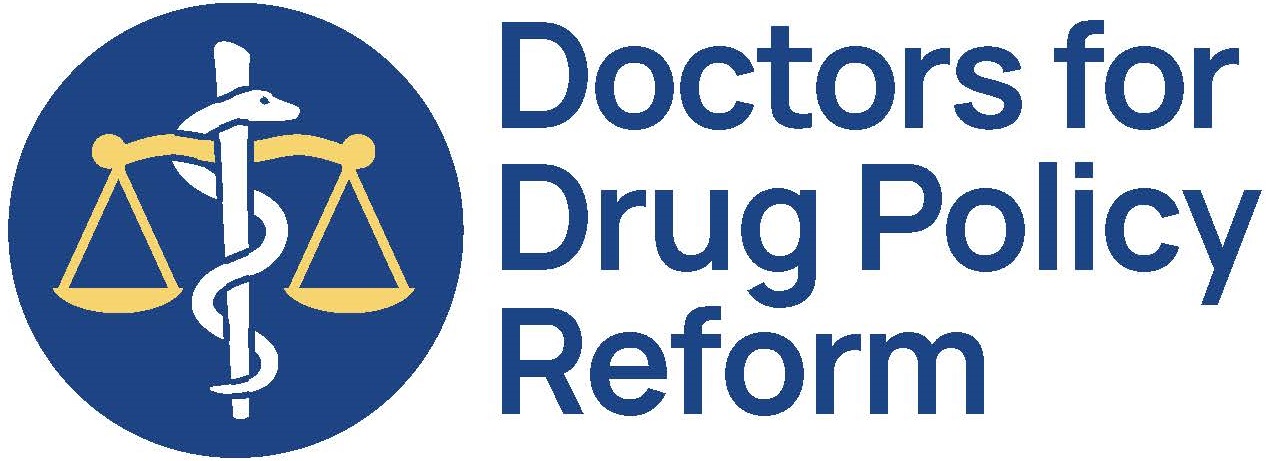Our Strategic Vision
D4DPR utilizes a three-pronged effort to advance our mission, focusing on Advocacy, Education, and Regulation.
Advocacy
Core to our advocacy efforts, D4DPR is proactive in guiding cannabis, psychedelic, opioid, and other drug regulation, providing commentary on ballot initiatives, bills, and regulations early in the electoral, legislative, and regulatory process. These efforts include the researching and tracking of ballot and legislative initiatives around the country. Consistent with our role as medical professionals, our efforts focus on offering science-based recommendations to support public health.
D4DPR works with medical professionals to expand the endorsement for harm reduction approaches and regulatory statutes (as opposed to prohibition) by medical organizations. We focus on correcting long-standing misconceptions about drug harms to the individual and to public health.
D4DPR develops partnerships with other organizations, both in the U.S. and globally, committed to a similar mission. These partnerships demonstrate our shared vision, collaboration, and mutual support with other non-profit organizations. By working in collaboration with our Partners, we can multiply the effects of our individual efforts. In addition, we can ensure that the unique voices of physicians and other medical professionals are part of the conversation.
Education
Education is the backbone of our advocacy efforts. Our primary campaigns focus on expounding three underlying messages:
- The potential health benefits of prohibited drugs are under-recognized and harm reduction approaches will improve individual and public health.
- Physicians must help undo the past damages of drug prohibition.
- Many of the fears of ending drug prohibition are unfounded.
Regulation
D4DPR provides specific guidance to federal and regional lawmakers, voters, and medical organizations on the optimal approaches for cannabis, psychedelic, opioid, and other drug regulation. These efforts include:
- Recommendations directly relevant to our expertise as medical professionals.
- The development of a universal symbol to inform the public that a product contains cannabinoids (an International Intoxicating Cannabis Product Symbol, or IICPS).






.svg)